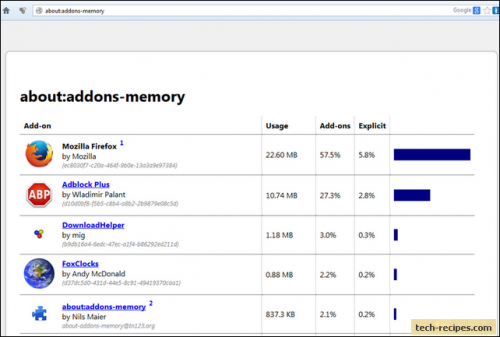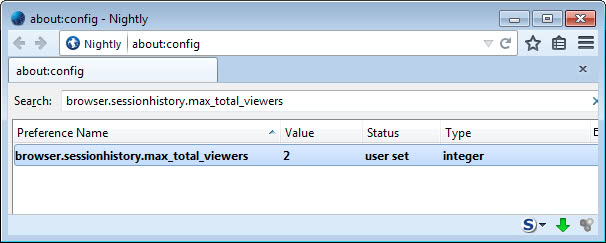
The first is that the web pages weren't rendered, and we would expect this to increase both the loading time and the amount of RAM used, but Firefox 55 should still retain the lead. There are, of course, a couple of limitations of the test that must be mentioned. These performance improvements are attributed to "quantum flow", the name for the project with all the departments of the development team, such as UI or the Gecko rendering engine, working together to improve responsiveness and smoothness of the browser.


The trend from before was repeated, with Firefox 54 using slightly over 2 GB of RAM, and Firefox 55 using slightly under 500 MB. Firefox 55 beta showed a massive reduction in load time taking only fifteen seconds to perform the same task.Īyala's second test was to quantify if there was a change in RAM usage. Firefox 54, the current version, took roughly four and a half minutes to load to a point where the program was responsive. Wifi was disabled so that the test was measuring how long the browser took to load the profile, not how quickly Ayala's internet connection could download each of those pages. The first test was to measure how long it took each of those browser versions to start with the same tab profile selected.

Dietrich Ayala, a developer with Mozilla, ran a test of Firefox 20, 30, 40, and 50-56 using a profile containing a whopping total of 1961 tabs. Fortunately, this is likely to change from Firefox 55 which is currently in beta.
Firefox memory monitor serial#
I'm a self-confessed serial browser user, and Firefox is one of my favorites (along with Vivaldi and Opera), which is why I have been particularly frustrated with the performance reduction it started suffering from around two years ago.


 0 kommentar(er)
0 kommentar(er)
